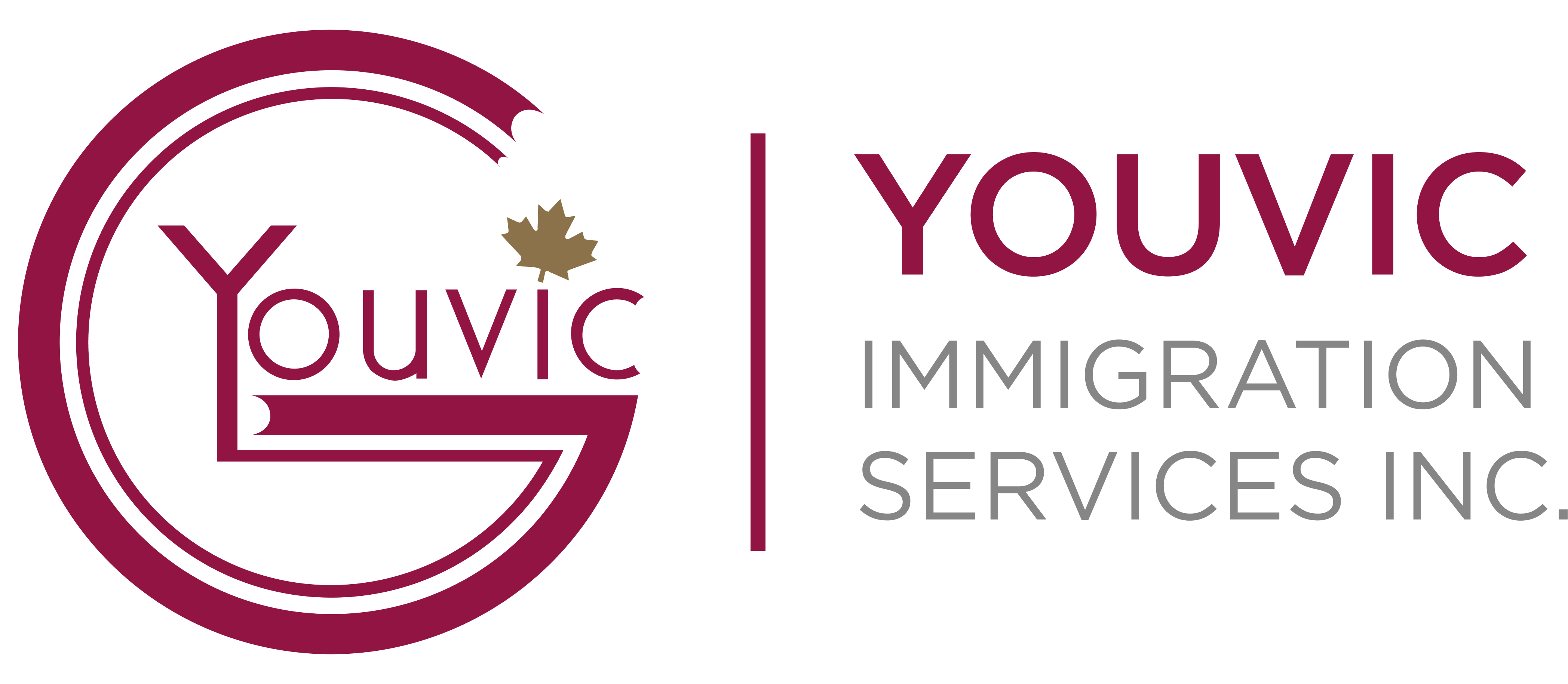Travel Advisory: REMINDER – New measures for fully vaccinated international travellers to Canada.
As was announced on July 19, the Government of Canada will allow fully vaccinated foreign nationals meeting the conditions to enter Canada for discretionary (non-essential) purposes starting on September 7, 2021. This decision is based on the latest available data, scientific evidence and epidemiological situation both in Canada and internationally.
At each step of Canada’s phased approach to easing border measures, the public health indicators and importation of cases at the border and variants of concern among incoming travelers have been monitored. For instance, as the volume of travellers has increased in recent months, the border test positivity rate has remained low. Between August 9 and 26, the positivity rate for fully vaccinated travellers randomly selected for testing at the border was 0.19% (112 positive tests out of 58,878 completed). While cases are currently increasing in Canada, the illness severity and hospitalization rates remain manageable as Canada’s vaccination rates continue to rise. This data along with continued adherence to public health measures by Canadians and incoming travellers, means that Canada is better able to prevent outbreaks of infection and can now allow more incoming fully vaccinated travellers without increasing the risk to the health and safety of Canadians.
Beginning at 12:01 am EDT on September 7, 2021, fully vaccinated foreign nationals will be eligible to enter Canada for discretionary (non-essential) reasons, such as tourism; however, these individuals must:
- be fully vaccinated: a traveller must have received, and show proof of, the full series of a vaccine — or combination of vaccines — accepted by the Government of Canada at least 14 days prior to entering Canada
- Currently, those vaccines are manufactured by Pfizer-BioNTech, Moderna, AstraZeneca/COVISHIELD, and Janssen (Johnson & Johnson)
- have a valid pre-arrival COVID-19 molecular test result taken no more than 72 hours before their scheduled flight or their arrival at the land border crossing, or a previous positive test result taken between 14 and 180 days before departure to Canada. Antigen tests, often called “rapid tests,” are not accepted
- be asymptomatic
- submit their mandatory information via ArriveCAN (App or website), including proof of vaccination in English or French and a quarantine plan
- be admissible under the Immigration and Refugee Protection Act, and
- take a test on arrival, if selected
Foreign nationals looking to travel for discretionary reasons before 12:01 am EDT on September 7 will not be allowed to enter Canada.
The Government of Canada continues to advise Canadians to avoid non-essential travel outside of Canada – international travel increases your risk of exposure to COVID-19 and its variants, as well as of spreading it to others. It is also important to note that not all countries are allowing discretionary (non-essential) travel by Canadians. Travellers should check the official websites of relevant authorities specific to their destination to find out entry and health requirements and plan prior to their departure from Canada.
Here is what travellers to Canada need to know:
Mandatory pre-arrival molecular test result
Travellers eligible to enter Canada, including those who enter by right (i.e., Canadian citizens, permanent residents, and persons registered under the Indian Act) and foreign nationals who are fully vaccinated, continue to be required to have a negative pre-arrival COVID-19 molecular test result taken no more than 72 hours before the scheduled departure time of their flight to Canada, or no more than 72 hours before their entry into Canada if arriving by land or water. Travellers who have already had COVID-19 and recovered can provide proof of a positive COVID-19 molecular test taken at least 14 and no more than 180 days before the initial scheduled departure time of their aircraft, or their entry into Canada by water or land. If arriving by air, they must provide proof of their test result to the airline prior to boarding their flight to Canada.
All travellers arriving by air, land and water may be required to provide proof of their test result to a Government of Canada official at the border. Antigen tests, often called “rapid tests,” are not molecular tests and will not be accepted.
Mandatory submission of information including digital proof of vaccination via ArriveCAN
Fully vaccinated travellers must submit their mandatory information including their digital proof of vaccination in English or French using ArriveCAN (app or website) within 72 hours before their arrival to Canada. Travellers must submit their information before boarding their flight to Canada (if arriving by air) or prior to arriving at the land border crossing (or when entering Canada by marine mode). Individuals travelling on or after September 7 should submit their information after this time. Travellers using the App must ensure they have the most up-to-date version available in the Google Play Store or the App Store for iPhone as of September 7at 12:01 am EDT.
If travellers are unable to enter their information themselves, they can have a friend or family member enter the information for them.
Fully vaccinated foreign nationals arriving by air, who are seeking to enter Canada for a discretionary (non-essential) purpose must submit their information using ArriveCAN (app or website) before they board their flight to Canada. Travellers who are unable to show their ArriveCAN receipt – either on their mobile device, email or a printed copy – will not be allowed to board their flight.
In addition to their ArriveCAN receipt, travellers must retain a copy (paper or electronic) of their COVID-19 molecular test results, proof of vaccination and the originals of any certified translations available for verification at the border and for 14 days following their entry to Canada.
Border testing surveillance program
As of August 9, fully vaccinated travellers do not need to take a test on arrival unless they are randomly selected to complete a day 1 COVID-19 molecular test. All travellers who are randomly selected for the border testing surveillance program must complete the mandatory arrival test; however, they do not have to quarantine while awaiting the result. Failure to adhere to random testing, if selected, may result in fines.
There are no changes to the mandatory testing requirements for unvaccinated travellers. All travellers, regardless of vaccination status, still require a valid pre-arrival COVID-19 molecular test result.
Vaccinated parents travelling with unvaccinated children
Since August 9, unvaccinated children under 12 years of age of fully vaccinated parents and/or guardians are exempt from quarantine when accompanied by their fully vaccinated parent(s)/guardian(s), but must follow enhanced public health measures, which includes not attending daycare or school for 14 days.
Unvaccinated children between the ages of 12 to 17 and dependent children 18 or older (due to a mental or physical condition) are permitted to enter Canada with their fully vaccinated parent(s) and/or guardian(s), but are subject to the 14-day quarantine.
All unvaccinated children (except those under 5 years of age) will remain subject to day 1 and day 8 testing requirements. Provinces and territories may have more stringent rules for people who have recently returned from travel.
Travellers should ensure they are using the updated version of ArriveCAN (available as of September 7, 2021, at 12:01 am EDT) and include unvaccinated children under 18 years and dependent adults in their ArriveCAN submission.
Testing and quarantine requirements for travellers who are not fully vaccinated
There are no changes to testing and quarantine requirements for travellers who are not fully vaccinated but eligible to enter Canada such as those entering by right – Canadian citizens, permanent residents and persons registered under the Indian Act. They are still subject to quarantine, all testing requirements (pre-arrival, upon arrival/day 1 and on day 8) and the mandatory submission of travel, contact and quarantine information via ArriveCAN.
Direct commercial and private passenger flights from India and Morocco are temporarily suspended
Canada has suspended direct commercial and private passenger flights from India until at least September 21, and from Morocco until at least September 29. While these flight suspensions are in place, passengers who travel to Canada from India and Morocco via an indirect route will need to obtain a valid pre-departure COVID-19 molecular test result from a third country – other than India or Morocco – before continuing their journey to Canada.
Get informed and be prepared
Before heading to the airport or the border, travellers should inform themselves and fully understand their obligations by ensuring their eligibility to enter Canada and reviewing the COVID-19 vaccinated travellers entering Canada Web page.
Travellers to Canada may experience delays at the border due to the enhanced public health measures. The Canada Border Services Agency (CBSA) will not compromise the health and safety of Canadians for the sake of border wait times. The CBSA thanks travellers for their collaboration and patience.
Learn more at www.canada.ca
Get a free consultation
We offer a free, personalized consultation to new clients. Simply fill out the assessment and we will contact you shortly after.
BOOK AN APPOINTMENT
Note: By booking an appointment you acknowledge that you must fill out the Consultation Agreement (click here to download) and email it to info@youvicimmigration.com before your appointment time. This is to protect your rights as a client.
Click to open the immigration assessment
Get in touch today!
If you have any questions, please fill out the form below and we will reply as soon as possible.

